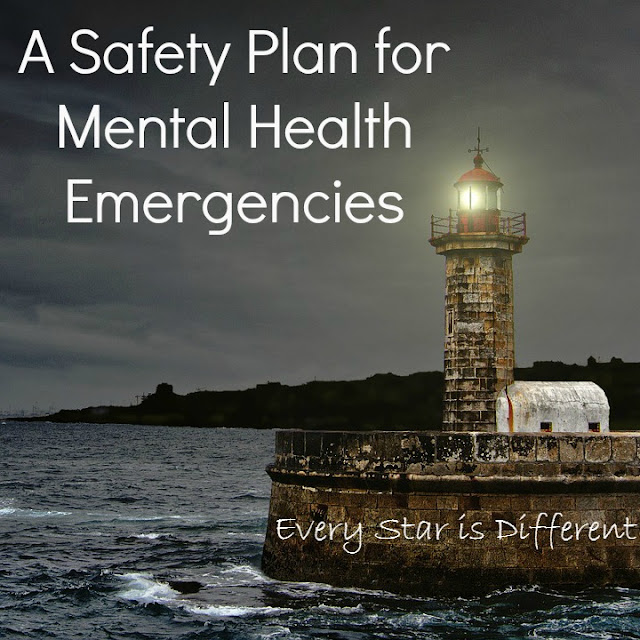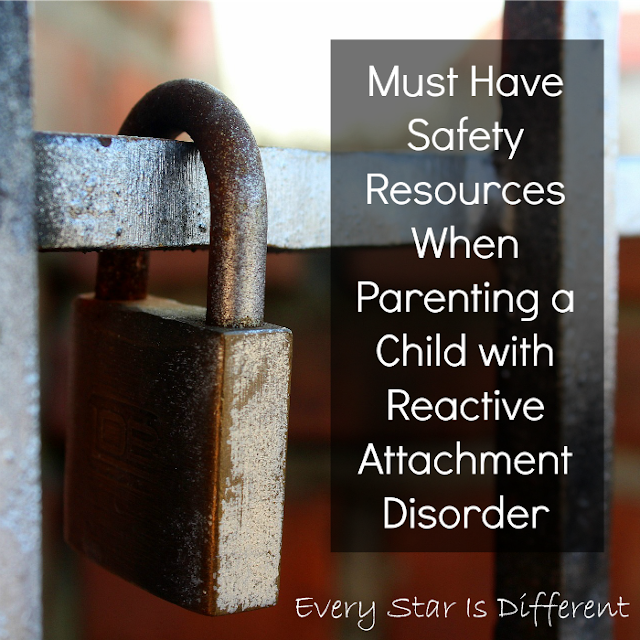What I wish I’d known about my child's mood disorder and med changes then, that I do now.
The medication was causing unnecessary side effects and we weren’t sure it was working well.
Per doctor’s orders we weaned off the medication slowly over the course of several weeks. With each decreased dose of medication Sunshine spiraled more and more out of control, until we were faced with a serious mental health emergency.
I find it somewhat comical yet panic inducing that we are once again right in the middle of another med change. This one is a result of more side effects and long-lasting effects of taking the medication.
Gah!
Don’t even get me started on the roller coaster ride of finding the right meds at the proper dosages, just in time to realize that the medications are causing side effects that that body can’t handle.
My heart hurts just thinking about the life long battle Sunshine will have with medication, just to stay safe and function.
It’s not fair.
No one should have to endure such hardships.
But she does.
And so do so many other people who struggle with mood disorders, specifically bi-polar disorder.
I pray and hope that by sharing what I wish I’d known about mood disorder med changes, that someone else is spared the agony that we have endured.
What I Wish I’d Known About My Child's Mood Disorder Med Changes
1. As the parent, YOU are the one who fights for your child.
Med changes can go one of two ways. They can go well, or they go horribly wrong. As a parent, if you notice that things are starting to deteriorate in the smallest way, contact your doctor and express your concerns immediately. Don’t wait.
If you don’t feel comfortable with a specific type of medication or dosage being used, talk to your child’s doctor about it.
Communicate concerns. Ask if there are alternatives.
You are ultimately the one who makes the decision about whether or not a medication is the right fit for your child.
When med changes need to be made, don’t hesitate to express concerns, insist on a very slow process, and advocate for your child and family.
Med changes affect everyone living at home, not just the individual. It is ultimately your responsibility to keep everyone safe.
2. Document. Document. Document.
Document behaviors and daily habits.
Write down things that seem off or out of the ordinary.
The more information you have about changes that occur in your child as you undergo med changes the better.
This is especially the case when things go wrong.
You want to have a baseline of when things were at their best, and then as much documentation as possible regarding negative effects of the med changes.
As you document include dates and times to determine patterns or randomness.
Don’t forget to also document the dates and details of med changes.
Keeping those records will be very helpful in the future when you are asked to remember what medications have been tried etc.
All of this documentation will be of extreme benefit to you and to any doctors or specialists your child sees. And amid mania chaos, you don’t have to remember more than what’s necessary, because it’s all written down.
If you'd like more guidance on how to document behaviors, be sure to check out the post below.
How to Document Your Child's Behaviors for Professionals and Specialists
3. Don’t Be Afraid to Say No
You know your child best.You know what your family has endured.
You know what you can handle.
If you are not prepared to endure the challenges related to med changes, talk to your child’s doctor.
Try to come up with a plan that will work for everyone.
There are certain times of year that are more chaotic than others, where you’d want to steer away from med changes if possible. Consider holidays and vacations.
If there are big life changes occurring or coming soon this would be another time when you may consider saying no.
Say you’re moving or a new baby is coming.
Perhaps your home is undergoing major renovations and safety protocols you usually have in place are impossible at the moment?
Another big reason you may need to say no temporarily is a lack of support system.
If you do not have help and things go wrong… You may want to postpone until you have a strong support system in place.
If you don’t have a relationship of trust with your doctor and are concerned about what they are prescribing, don’t hesitate to say no and ask for a second opinion elsewhere.
Lastly, there are times when it is unsafe to do med changes at home. In these cases, be firm and request inpatient placement while med changes occur.
4. Plan for the Worst and Hope for the Best
Are safety plans drafted and ready to be put into action?
For more information about safety plans, be sure to check out the post below.
A Safety Plan for Mental Health Emergencies
Is your home filled with all the safety resources you may need?
Is the child’s bedroom a safe place free of any objects that can and may be used for self-harming or harming others?
For tips and ideas, be sure to check out the post below. Though the post is about Reactive Attachment Disorder, the resources work equally well with those who have mood disorders when unstable.
Must Have Safety Resources When Parenting a Child with Reactive Attachment Disorder
Is your support system in place in case you need extra help or in the event that there is a mental health emergency?
You may never have the need to utilize any of the above things mentioned, but it is always better to be prepared than not.
5. Make Life as Easy as Possible
Do all you can to keep routines and schedules the same, especially sleep schedules.
Don’t allow yourself or your child to take on any extra responsibilities.
Consider streamlining household tasks to the minimum.
Use paper products instead of washing dishes.
Prepare freezer meals ahead of time or only choose quick and easy meals to prepare.
Ask for help with cleaning, hire a housekeeper, or be sure to do a deep clean of your home right before the med changes begin.
One might not think that med changes take up so much time and energy, but they do.
This is especially the case when med changes go wrong and you spend the majority of you time dealing with negative and unsafe behaviors.
Med changes for those with mood disorders are so difficult.
Sometimes I wish there was a one pill fits all, but that’s not the case.
Trial and error are part of the journey.
Make sure you are prepared when you experience these challenges.
I promise you won’t regret it.
And remember, whatever happens during these difficult times is not your child's fault.
Your child is sick and in need of help.
For those who would like more support while raising a child with a mood disorder, be sure to subscribe to our free newsletter by clicking the link below.
If you enjoyed this post you may also like the resources below.











No comments:
Post a Comment